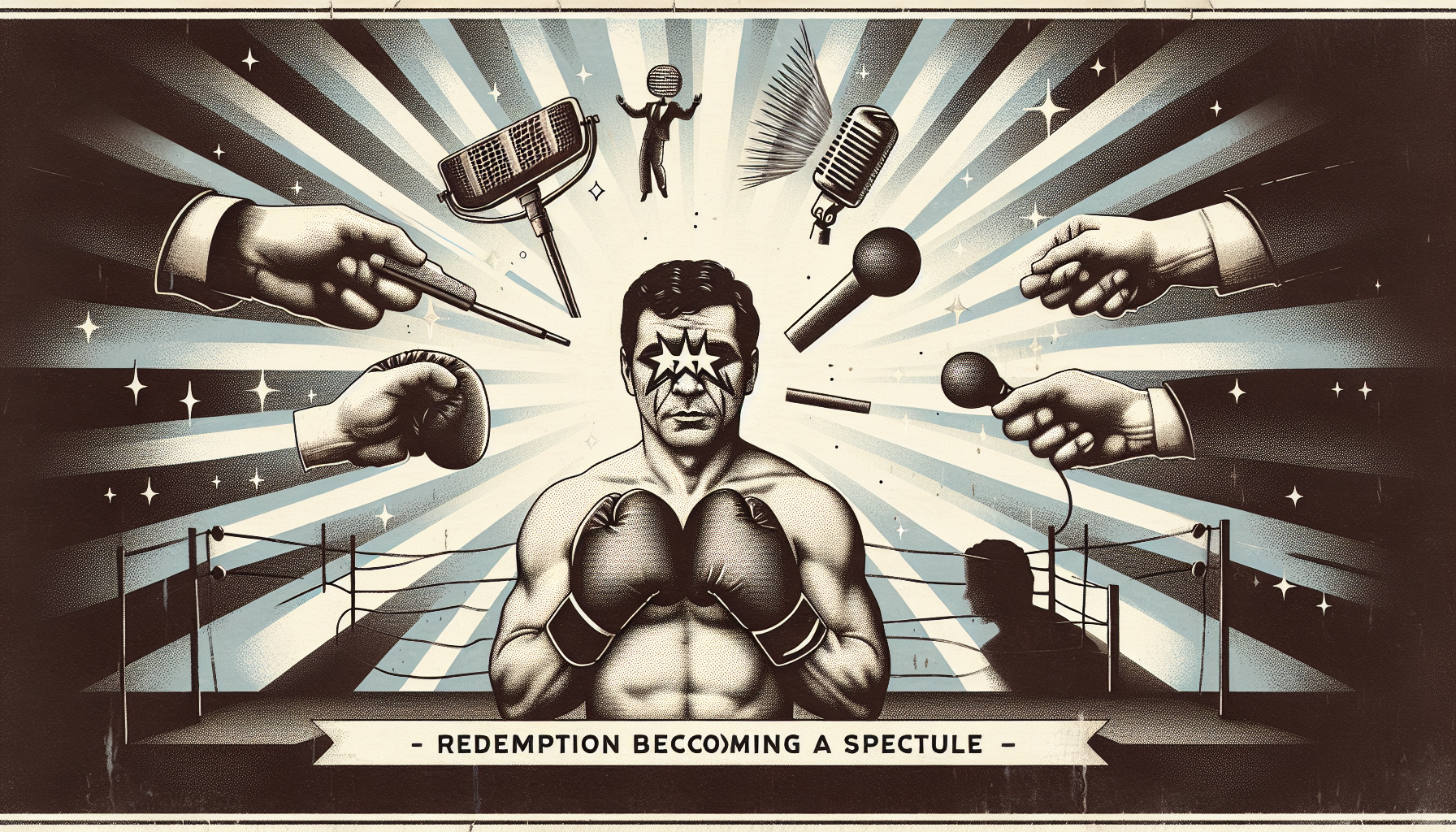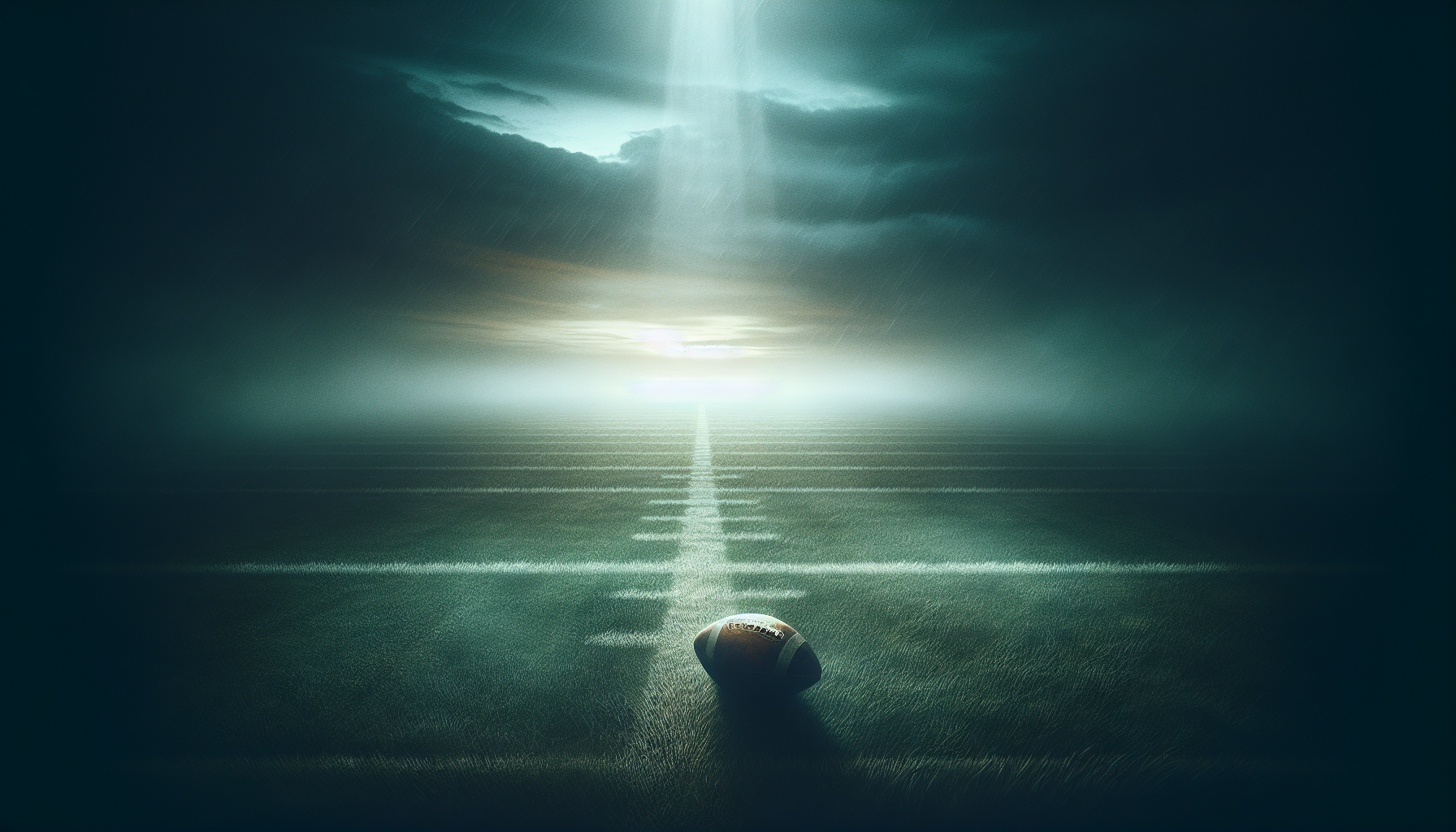Title: Fractures Behind the Fame: Mickey Rourke, Celebrity Big Brother, and a Cultural Mirror Cracked
Dear readers, what does it mean when a cultural icon becomes the cautionary tale of the very media that once crowned him? Let’s set the stage—not in the glittering sprawl of Hollywood, but under the manufactured spotlights of Celebrity Big Brother 2025, where fading stardom meets public spectacle.
Here, Mickey Rourke—once the brooding prince of bruised masculinity in The Wrestler—entered not a boxing ring but a reality TV house, perhaps hoping for redemption or relevance, or a paycheck reportedly worth half a million pounds. Instead, what followed was a slow-motion implosion aired in high definition.
A Fall from Fame, Live on Air
If you tuned in this season, you already know. Rourke stepped into the Big Brother house carrying more than luggage. He brought with him a history: tabloid stories, professional disputes, and now, a fresh controversy catching fire in real-time.
Within days, he was issued a formal warning for directing homophobic comments at fellow housemate and queer icon JoJo Siwa—a clash not only of personality, but of generational and ethical tides. What began as television banter quickly devolved into what many viewers described as "car-crash television." By April 12, after an "unacceptable" altercation with co-star Chris Hughes (though it did not turn physical), Rourke was gone. Officially “removed.” Unofficially, disgraced.
Not Just an Outburst, But a Symptom
Reality TV has long flirted with chaos for ratings. But this? This was different. It wasn’t quirky celebrity antics or kitchen drama—though Rourke managed to deliver those too, berating co-housemate Patsy Palmer’s cooking to her face, causing a teary confession in the Diary Room. This was a reminder that reality television doesn't just reflect its stars—it magnifies their flaws.
And Mickey’s missteps weren’t new, just newly broadcast. His disdain for past roles, admitting to his housemates that he didn't even like The Wrestler, the very film that revived his acting career, painted the picture of a man unmoored—sifting through embers of what once was.
A Career in Retrograde
Rourke’s confession before joining the show was austerely honest. “I’ve made mistakes—many,” he admitted to The Sun. “I have nobody to blame for my ship sinking except myself.” Perhaps that quote now reads less like personal responsibility, and more like foreshadowing.
Graham Norton once described interviewing Rourke as “hard work” after he showed up to the BBC studio half a bottle into a Jack Daniels bender. That anecdote, once humorous, now feels part of a tragic throughline—one where the machinery of celebrity stops functioning, and the fall is chronicled for clicks.
ITV’s Dilemma: Opportunism or Oversight?
ITV promised viewers a taste of glamour and glitz mixed with human vulnerability. What they gave us was a masterclass in moral ambiguity: a known volatile figure placed under 24/7 surveillance, only to be booted when he did, well, what Mickey Rourke does.
Let’s not pretend anyone is shocked. Even media insiders described his removal as “inevitable.” So, was ITV guilty of exploitation? Or merely guilty of giving us what we apparently still crave: the fall of a once-great man in technicolor collapse?
It raises a cultural question: Are we still watching reality TV as escapist fun, or have we turned it into society’s punishment chamber—where we exile our anti-heroes to perform penance, one episode at a time?
Lessons from the Wreckage
We are witnessing more than a celebrity scandal. This is emblematic of how modern fame eats its own, of how entertainment commodifies trauma and misbehavior, and how redemption arcs are only rewarded if tightly scripted.
But perhaps the most unsettling part? The echo. Because somewhere out there, another troubled star, seeing Mickey’s flame-out, won’t steer clear of Celebrity Big Brother. They'll see it as an opportunity. For attention. For relevance. For their last spotlight—consequences be damned.
Until next time, stay sharp. In this age of parasocial intimacy and televised morality tales, discernment is our best defense—and perhaps our only dignity left.
Yours truthfully,
A Watcher of Screens & Schemes

